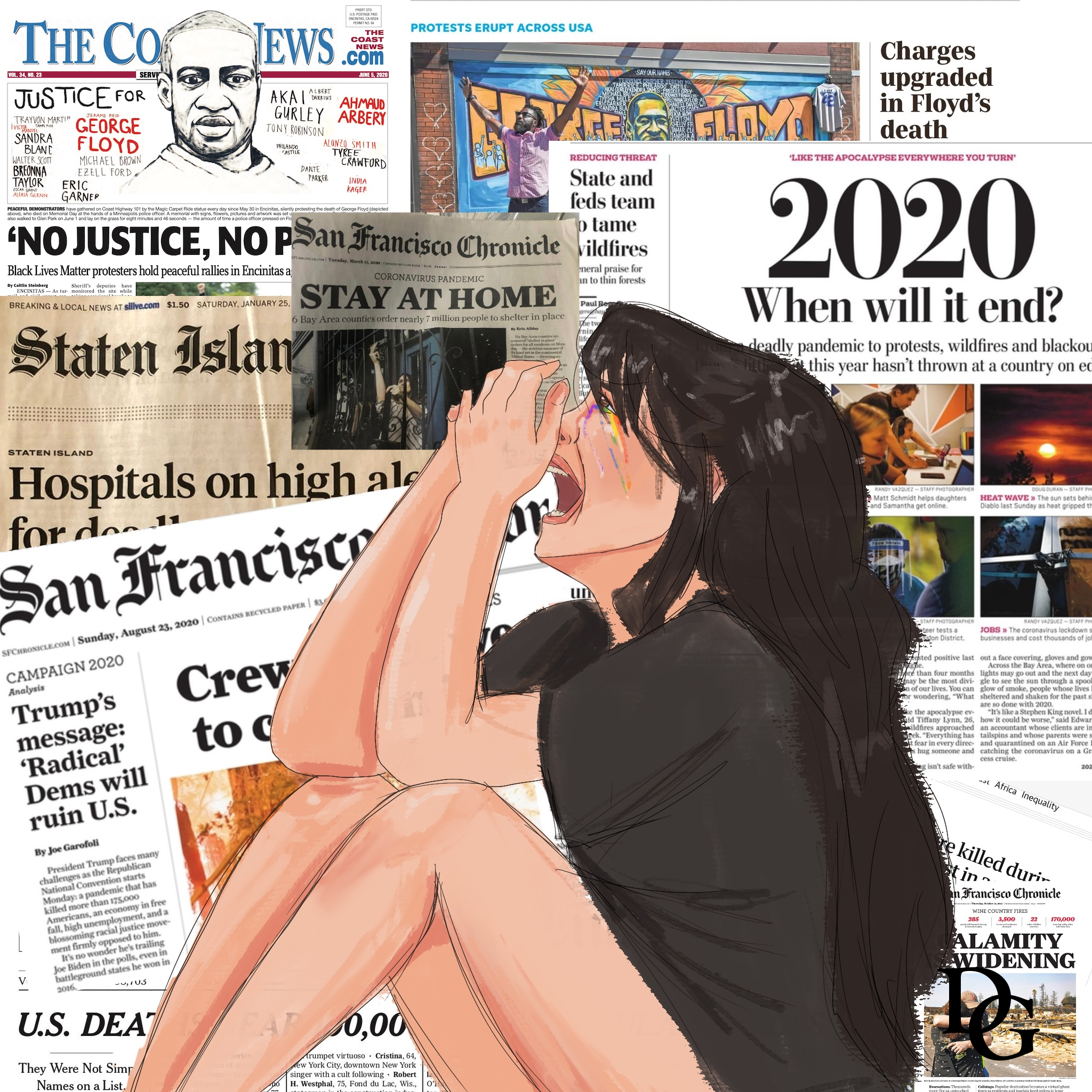Written Story by Egide Dukuzumuremyi
The pandemic has been a difficult, dramatic time for so many of us, for so many different reasons. We have lost loved ones, had our families torn apart, struggled financially and emotionally. Some of us have been stressed by overwork, others by sudden unemployment. We have had to shield from the outside world or been reluctantly obliged to mix with it.
I am sharing my journey of life during Covid-19, experience and the changes.
When Covid-19 hit, in 2019 I was a Student at Portland State University, and I was a full time Nike employee working as a manufacturing technician. I was working Monday to Thursday and then go to school two days a week as a part time student. Even though the life was busy, but it was good. In my free time, I liked to spend time playing sports like Basketball with friends, working out at gym, reading and hanging out with family and friends. Suddenly, Covid-19 hit, and everything quickly changed. After start having new cases, Nike company where I was working by the time shutdown most of its facilities where we temporally stopped going to work. The state also announced social distancing and asked people to stay in their houses unless they have important trips. During the staying home, I was watching news every day, keeping track of rising of the Covid-19 new case numbers and checking on my people around the world. In other side, I was thanking my lucky stars that I was neither a part of the statistics nor anyone I know until one day I heard news about two people from my community who were contracted by Covid-19. Later during staying home, I started feeling some changes in my life but particularly emotionally and mentally. It started to feel very isolating life. having no exposure to anyone else outside of your immediate family started creating something like social disconnection that took a ton in me due to loving to be around people. I will carry stress always thinking about how I am living not a normal life anymore. Living with chronic stress can have lasting consequences on physical and mental health. But nearly two years into this global crisis, those who study the impacts of stress are seeing evidence of something else suggested by prior research. How people perceive stress plays a major role in its impact. There, I saw how stress related to COVID-19 was particularly impactful, because it disproportionately impacted higher-risk, vulnerable populations, including those with chronic medical conditions or those with disabilities. As far as employment, I didn’t stay to the same Job due to layoffs and some changes in the Company due to the pandemic. Later, I started driving for uber and Lyft and this is because I wanted to have a Job that can help me talk to people and be around them again. But in other side, it was an exposure for getting contracted with Covid-19 unless you completely follow CDC safety guidelines as it was announced. The first time getting Covid-19, I was hit very bad that I thought it’s not Covid but Malaria because I had it before. I was glad I fought it for a week in Quarantine and resting my body with immune support medicine. Today, I am grateful that we finally got vaccines and it is no longer considered as a public health emergency. I am happy that we are back to other normal of life. Nevertheless, this pandemic left us with a lesson of staying alert and have good pandemic preparedness in case of what comes in the future. Thank you!
